The Holy Grail of Writing
Someone once asked me why I write and I was stumped.
Later, I thought ‘because I can’.
And then I added ‘because I can’t’.
What I mean is that, beyond the thrilling shock of recognition when one happens on a story which aches to be told – the ‘did that really happen?’ moment – it’s the whole complicated, frustrating, rewarding, tiring, invigorating process of the thing that keeps me going. That, and the fact that beyond the obvious hurdles of Idea, Proposal, Sale, Research, Write, Deliver, each book is a kind of revelation, with its own energy, challenges and rewards.
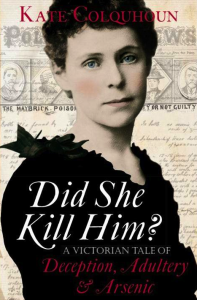 Someone else asked recently how I know whether an idea will work. Deconstructing what had formerly been simply instinct, I realised that I believe that really great stories all end up being more than the sum of their parts. As a historian, this means that – so to speak – they punch a hole in time, enabling us to get closer to the past, imaginatively and sympathetically to hold hands with our ancestors while understanding a little more closely how their world really worked.
Someone else asked recently how I know whether an idea will work. Deconstructing what had formerly been simply instinct, I realised that I believe that really great stories all end up being more than the sum of their parts. As a historian, this means that – so to speak – they punch a hole in time, enabling us to get closer to the past, imaginatively and sympathetically to hold hands with our ancestors while understanding a little more closely how their world really worked.
If this can be achieved it is almost inevitable that the story will simultaneously cast a new light on our own, present, world, on our lives, our society, our impulses and our responses to them.
If that’s to be achieved, it pretty much comes down to structure. How to tell this story of individual lives and the events that turned them upside down – how to plot it – while weaving into it the broader themes that give it meaning? The context, if you like. How much of all that research should one put in – and how much in condensed form rather than in detail?
I’m not sure that it is possible to work it all out in advance. I do sometimes try – with enormous pieces of paper on the kitchen table – detailed ‘mind maps’ that are often visually appealing but usually end up being pretty useless. My guess is that some writers rely on a rigorous working out of shape in advance but that has never really worked for me: however neatly I draw it all down, the writing just refuses to fit the pattern.
Yet it is equally true that trying to impose a shape onto a baggy manuscript once the first draft is done is exhausting and even defeating. Unlace that piece there and this one suddenly looses its anchor. This is to be avoided at all costs.
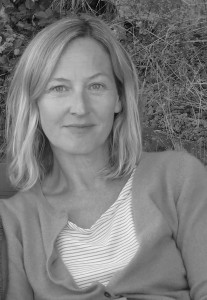 It’s a tricky balancing act being both conscious and unconscious about what you are trying to do. Stephen King put it neatly when he revealed that he believed the first draft should be a ‘door closed’ thing. Keep the world out. Stick at it. Don’t look for advice, don’t look back, don’t over-work it. It can help to set goals for daily or weekly word counts but – with the caveat that there’s not really much point in bashing on if you know in your heart things aren’t really working – the main thing is to keep at it, to get the story down pretty much in the right pattern.
It’s a tricky balancing act being both conscious and unconscious about what you are trying to do. Stephen King put it neatly when he revealed that he believed the first draft should be a ‘door closed’ thing. Keep the world out. Stick at it. Don’t look for advice, don’t look back, don’t over-work it. It can help to set goals for daily or weekly word counts but – with the caveat that there’s not really much point in bashing on if you know in your heart things aren’t really working – the main thing is to keep at it, to get the story down pretty much in the right pattern.
First draft printed out, the next stage is ‘door open’ according to King, and it’s the way I’ve always instinctively worked. I move then from tiny office to the kitchen table. I read it out loud despite the fact that it only reinforces my neighbours’ belief that they live next to a madwoman. I cut, cut, cut. Sometimes I move stuff around because now I can feel and see where it might more happily sit.
Most often I despair at chapter one and never quite pluck up the courage to chuck it in the bin. One day I will. I know things only really take off once that first bit of writing is out of the way.
However many times this lengthy bit of the process is repeated – three? four? five times? – there’s a point when the pages scream to be set free. Then, with luck, a proper editor will engage not only with the big picture – the plotting, structure, themes, characterisation and overall shape of the thing – but with the detail stuff too – the nitty-gritty of pace and tone and with the language itself. And, with stupendous luck, they will do so in such a way that you return to the manuscript with new eyes, renewed vigour and the burning sense of purpose that gets it all to its completed state.
That combination of graft and luck. It’s the Holy Grail.
Conscious, then, of how that big fat element of chance returns me to the point: why write?
It’s not just because I can and because I can’t. It is, I think, partly because non-fiction is about forensic detection, relentless determination to unearth the facts and, structurally, an intellectual puzzle. Why do people behave in certain ways? Why is history important? And what does this tell us about ourselves? Answering the proliferating ‘whys’ is, to put it blatantly, propulsive.
I think, too, it is because the very fact that this creative process differs each time inevitably means that one’s self-consciousness about it matures. One writes what one believes to be ‘true’, but that definition inevitably modulates, ensuring that there is everything left to play for, a whole career of trying to get things just a bit ‘righter’.
There is something else, too. Something crucial. The process of stringing words together, of playing with the rhythms of language, has – I realise – become the way in which I mark out a territory of quiet concentration in the hurly-burly of an urban family life. It is a kind of meditation, a way of both engaging with and holding myself apart from the world. Door closed. Door open. Door closed again.
—
Kate Colquhoun is the biographer of Joseph Paxton, has chronicled Britain’s culinary history, campaigned against food waste and has written two books about historical crime: the bestselling Mr Briggs’ Hat and Did She Kill Him? just released.
She has taught the Faber Academy narrative non-fiction course, is a Royal Literary Fund Fellow, writes and reviews for several national newspapers and appears regularly on radio and tv. She lives in London with her two sons.
Follow her onTwitter: @wearyhousewife
Category: Being a Writer, Contemporary Women Writers, On Writing






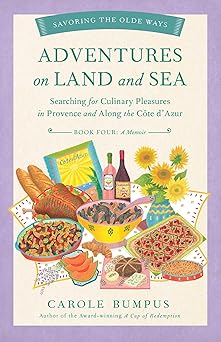
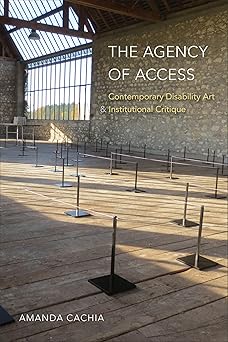
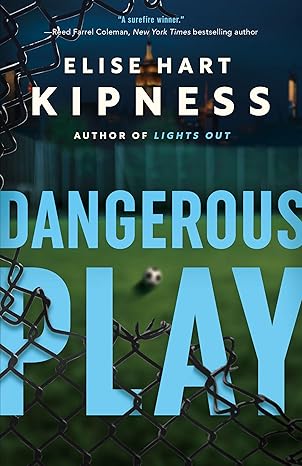
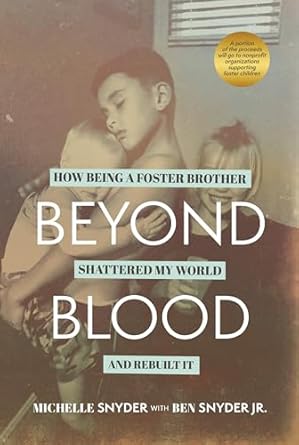
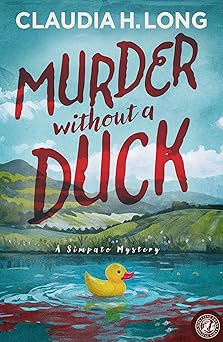
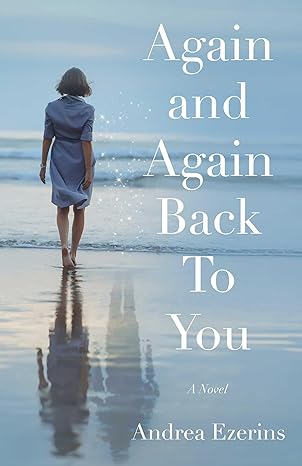
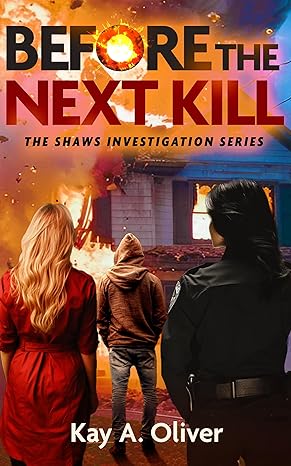
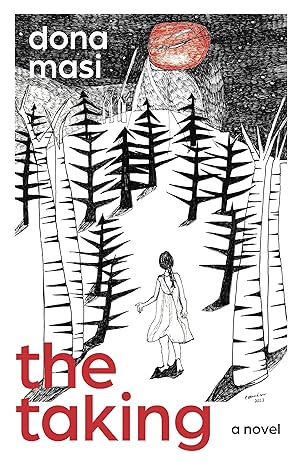

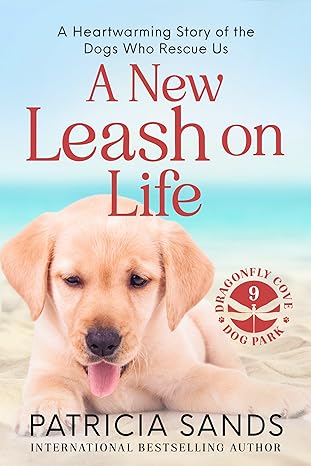

The exact read I needed today as I’m holding the tension between waiting for inspiration and hard work. There is this place in between where I want to be- the space where they overlap. Often, making room for inspiration and quieting thoughts IS hard work 🙂
Savoring your words as I become more and conscious (and unconscious) of the daily routines that make up my writing life. Thank you!
What a lovely comment / post. Thanks Carrie. We forge on together!
x
I really related to your post. I often find though after the first draft I have threads I need to weave together, or parts that need strengthening and then the themes that pop up that cry out use me-it’s a must-which I suppose are the subconscious contributions in small descriptions. My second novel which I am writing right now is based on some historical antidotes both in history books and locally that have been passed down through the community. I think the past can teach us so much and I want to convey to the reader although historical these events happened to real people like you and me with real consequences that affected every day lives. Thank you for such an inspiring post!
Thanks for writing June. x
I’m keeping this post in my writing notes as I tackle a “baggy manuscript” of historical fiction, wrestling with the structure of course. The most daunting project I’ve undertaken. Thank you!
Good Luck. It’s the cutting that counts!
I agree with so much of this, including the point that the creative process can be different every time – which makes it difficult to describe to workshops etc how you write. I also agree that if you try to plan ahead too much or pre-decide what the theme or focus will instead of letting it reveal itself, you can end up trying to shoehorn the story into something that doesn’t fit – and losing.
Thank you for this post.
I’m glad. Thanks for your post. The process is so different for everyone that sometimes when I hear other writers talk about their work I wonder if we are on the same planet. I guess that’s what makes it interesting every time. Good luck with yours. x
“Books with Strong Female Leads” is posting a link to this article next Wednesday on the Facebook page. We invite other women writers to post their favorite reviews of books with strong female characters there. This is a great article, thanks.
Thanks Nate and thank you too for letting me know about the link. If you tweet a link to me @wearyhousewife once it is posted then I will retweet it.
v best
Kate
Thank you. Just what I needed today – struggling with planning my new project, and not seeing how it should be without just STARTING to write.